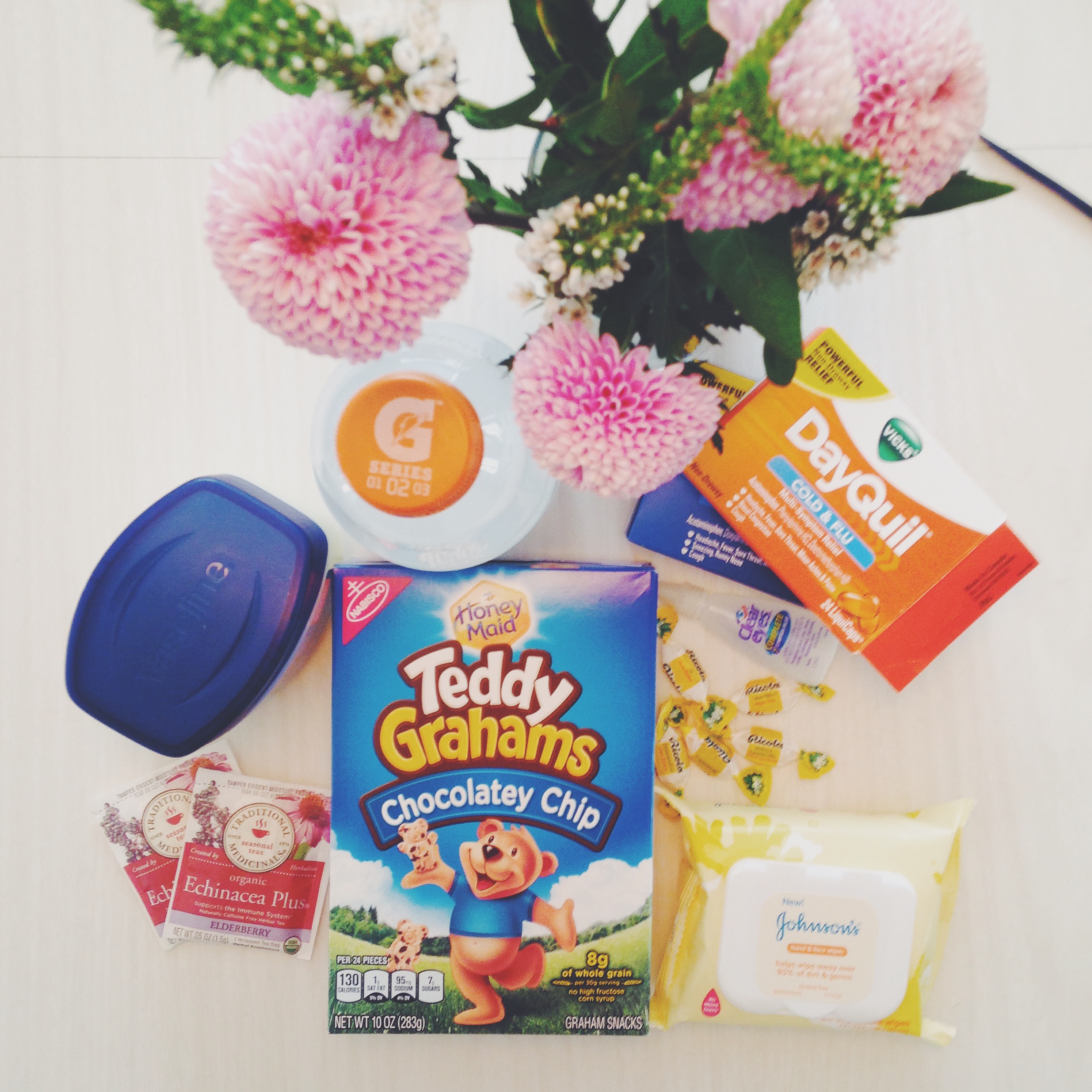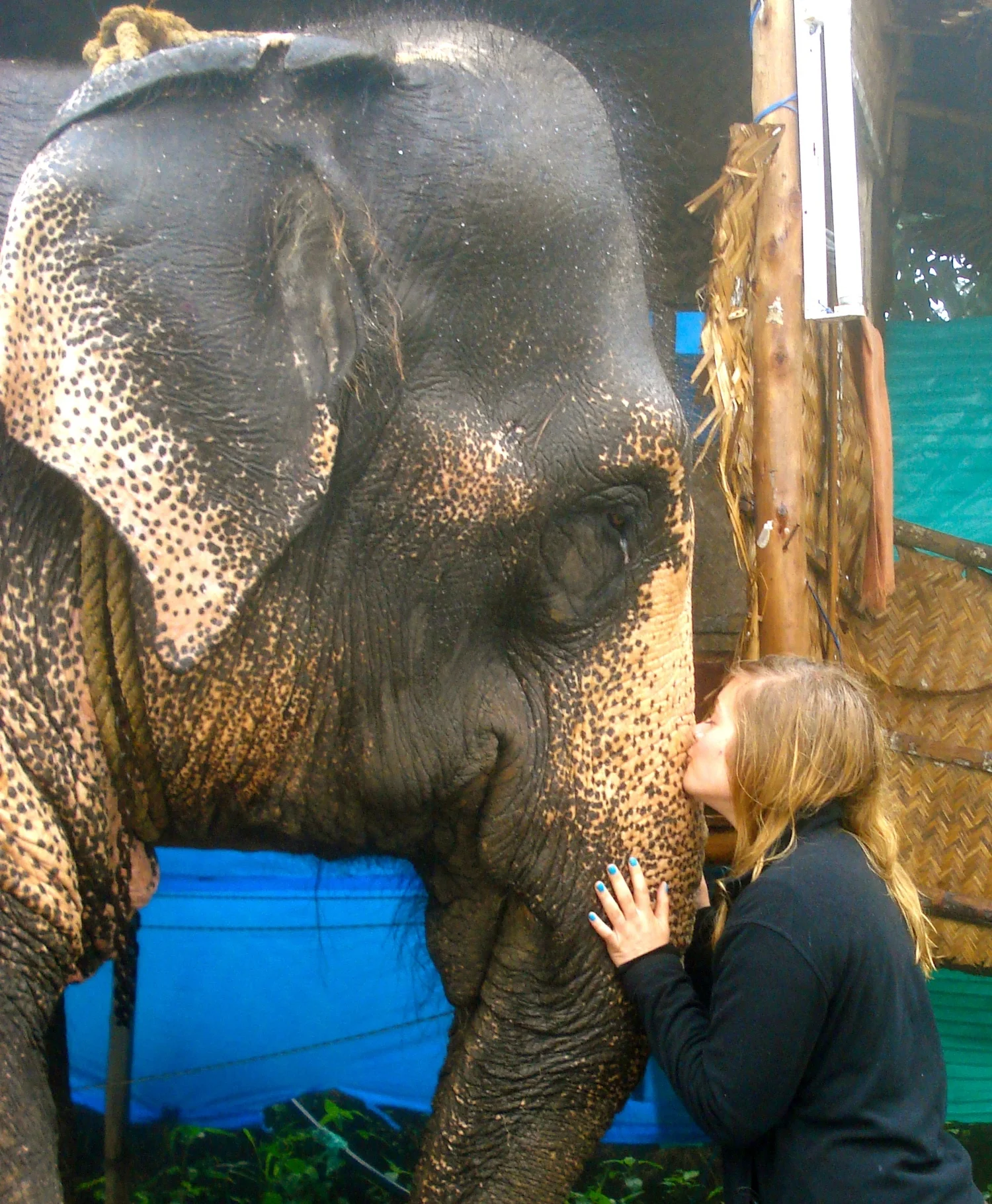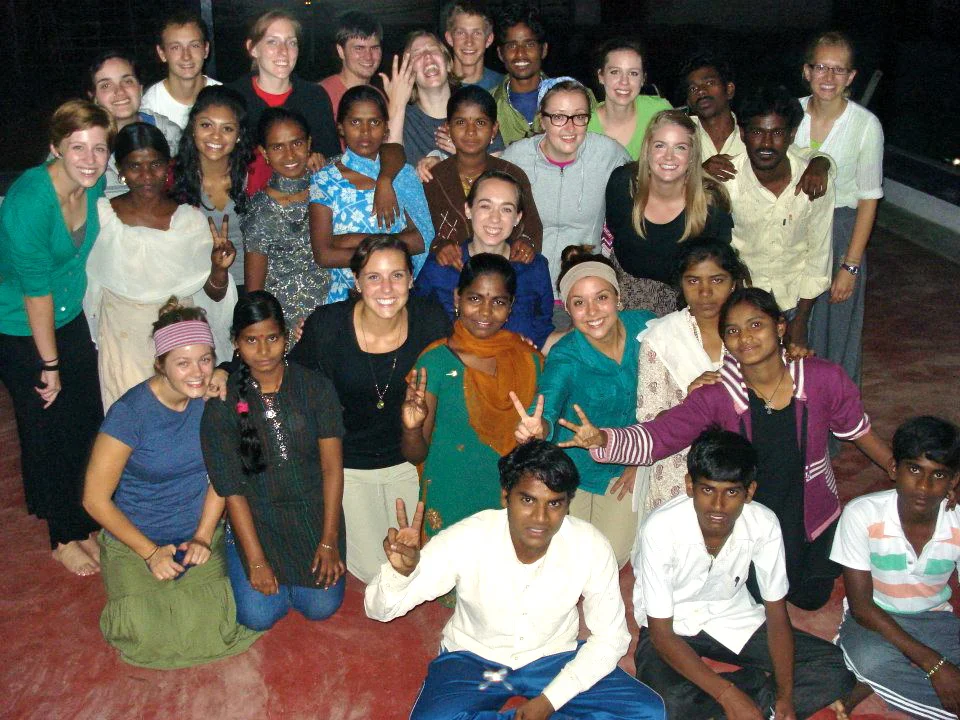i need help.
/I wanted this post to be published this past weekend and I wanted it to be about something else entirely. I don’t know exactly what it would have been about; maybe about what it’s been like to be single for the last two-and-a-half years or about why we feel that spark with this someone and not that someone or how every day should be Valentine’s Day with yourself. I didn’t have it written or planned because I had arranged my week so I could plan and write it then.
But sometimes the arrangements we make in our new, mostly blank paper planners aren’t what actually happens in life. Last Tuesday night, I came down with The Plague. (Think of every symptom of the flu there is and multiply it by five and I’ve had it for the last seven days.) I’ve spent my last days in hibernation. Without much energy or focus or the ability to be fully present with anything, I’ve done a lot of napping, binge watching ‘Friends,’ and cuddling the cute pup I’m sitting for all week. I haven’t been eating, reading, working, or — as I wanted to — writing a blog post related to Valentine’s Day. I had to miss tea dates with friends, important Leaven meetings, and a huge event at work that I was supposed to supervise. The Plague put my life on hold.
But even though I wasn't able to follow through on my responsibilities (or move far from the couch), things still needed to get done. I needed to put some calories in my body. I needed to take this 6-month-old, energetic dog for a walk every day. I needed 40 college students to be supervised as they sold cotton candy around campus all weekend. The rest of the world—even my world—wasn’t stopping just because I was. I needed things to get done without actually being the one to do them.
I needed to ask for help.
Even writing that sentence makes me cringe. I needed to ask for help. I hate that phrase, and specifically that word—“help”—more than most. I have always equated “needing help” with being incapable, incompetent, or inferior. I have nailed the cycle of agreeing to do something I know I actually shouldn’t agree to do, doing it without asking for help from anyone, and repeating this cycle with high frequency even though at the end of each one I tell myself, “Never again.” But then there’s the part of me that feels weirdly proud when I’ve gone “above and beyond” (although, behind the scenes, I’ve worked on a Sunday night, stayed up until 2:00 am, or sacrificed time to practice a little self-care and Sabbath); I feel like I’ve won a contest that I shouldn’t have signed up to compete in at all. I’ve always prided myself on being able to do it on my own, to take on that extra task, to put in the extra effort—and to do it all without any complaints. By not asking for help, I prove to the world that I am a capable, competent, and superior being. That I am, in fact, SuperHuman. That I can, and will, do it all, thank you very much.
But with my nose running and my head throbbing and my body shaking, I let go of that high-pitched, self-assured voice that lives in my brain and says, “I can, and will, do it all, thank you very much.” I knew that I couldn’t, at least not this week. If I had tried, I would have half-assed everything, including my recovery, which would have probably restarted the cycle of The Plague and left me utterly hopeless in all parts of life for an additional week. Anne Lamott, my spiritual director from afar, writes all about this in her book Help Thanks Wow. She says:
“When we think we can do it all ourselves—fix, save, buy, or date a nice solution—it’s hopeless. We're going to screw things up. We're going to get our tentacles wrapped around things and squirt our squiddy ink all over, so that there is even less visibility, and then we're going to squeeze the very life out of everything.”
I didn’t want that. Even in my stubbornness of not wanting to ask for help, I still wanted things to be done—and done well. So instead of trying to half-ass my life for the week, I gave up and delegated parts of it. I asked for help.
Can you bring me over a Jimmy John’s sub sandwich, because it’s the only food that sounds appetizing to me right now? I can’t go get it myself, and I need help.
Can you stop over and take the dog for a walk and feed her lunch so I can go to the walk-in clinic? I can’t do it, and need help.
Can you supervise a huge, three-day work event in my absence? I can’t be there, and I need help.
Those were hard texts to send. But after pressing send, after seeing they were delivered, after waiting for those three little dots to stop typing, each text was met with the warmest, kindest, grace-iest response:
Yes.
Yes, I will bring you over a sandwich. And I will get your sandwich order correct without even asking you what it is and I will bring you two drinks to choose from and also a chocolate chip cookie for dessert or for breakfast tomorrow. Yes, I can help you.
Yes, I will take care of the dog. And I will bring you some pretty flowers, some delicious tea, and some kind words to help you heal. And I can come back tomorrow, too. Yes, I can help you.
Yes, I can make sure that tables are set and volunteers are there and money is counted in your absence and I can even let you know how it’s going if you’d like that. Yes, I can help you.
There it was. The words I was the most scared of sharing because I was worried that people wouldn’t want to help, that people would think less of me for needing help—those were the same words that elicited responses and actions and words of love. They were Jimmy John’s subs and vases of pink flowers and successful fundraisers. They were encouragement and support I didn’t know I needed until I asked, and they were encouragement and support I wouldn’t have received unless I asked.
There were plenty of other things that I could have, and probably should have, asked for help with this week. I’m learning the balance of what I can do alone, what I should do alone, and what I don’t have to do alone even though I can.
So while this isn’t a Valentine’s Day post, it kind of is. Asking for help can be vulnerable and hard and downright scary when we live in a world that says that doing so makes us weak, inferior, and second-rate. But asking for help can lift us up; when we ask those we love, and who love us, to carry some of our weight when we cannot, we enter into a relationship that allows both parties to feel a sort of trusting, quiet love. A long-lasting, sturdy love. A I’ll-scratch-your-back-if-you-scratch-mine-too kind of love.
And is there a better kind of love than that?


















